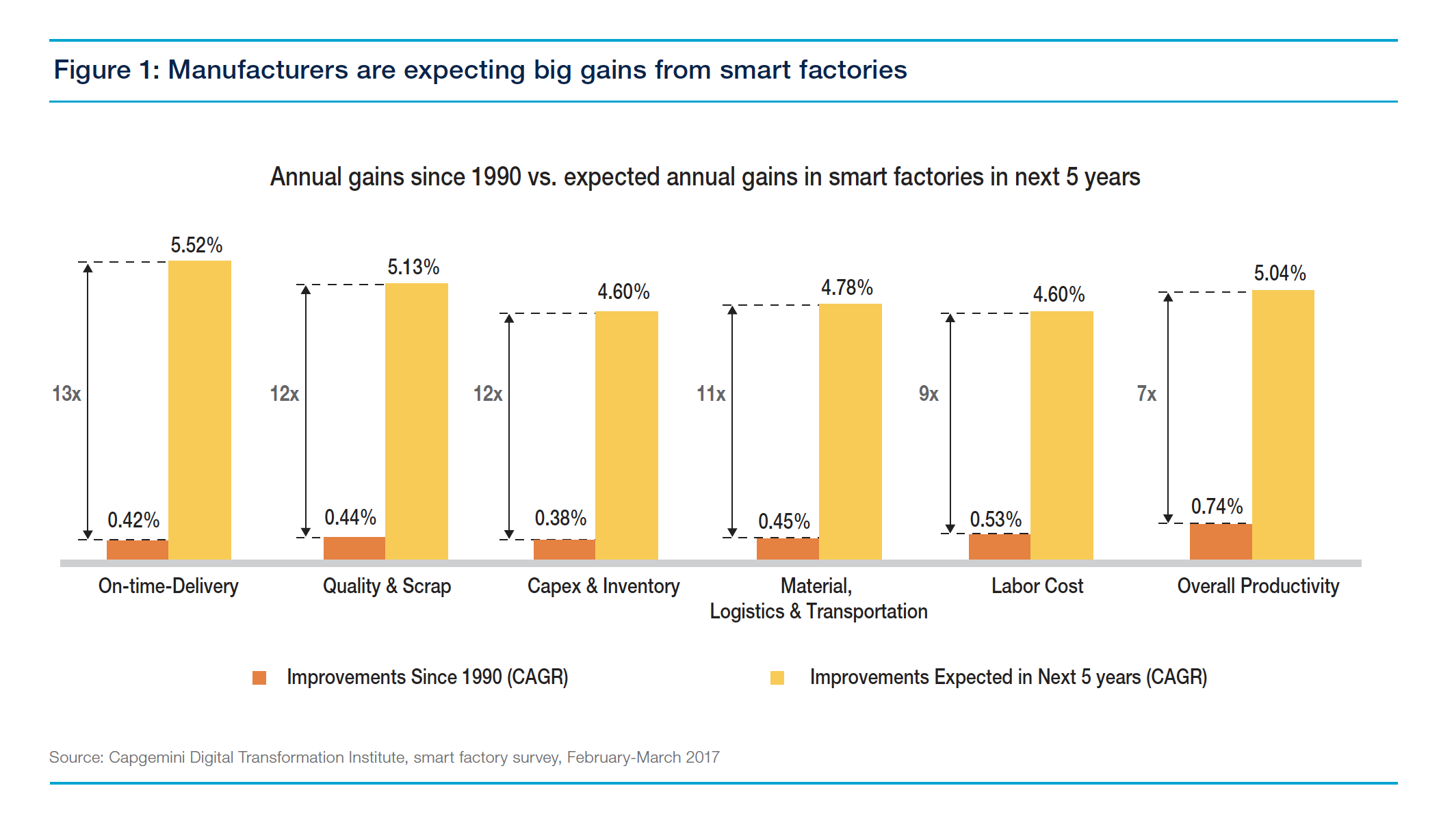When you hear about digital transformation, smart factories or IIoT in the manufacturing industry, a key part of what propels the technology toward making tangible change is data and the use of data analytics. In an article at called, “Making the the most of the manufacturing analytics revolution,” Tim Clark talks about analytics; what the term means, how analytics can improve the manufacturing process, and the steps you can take to get the most of the data from your factory.
Analytics can be defined as “the use of mathematics, statistics, predictive modelling and machine learning to find patterns in data.” Clark explains that analytics "give manufacturers the power to convert their data into actionable insight.” The potential in analytics allows you to eliminate "supply chain problems and us[e] customer feedback to improve products in real-time.” Taken to the next level, the value of Artificial Intelligence solutions in the factory can come “from accurately and efficiently analyzing large volumes of complex data without fatigue.”
The use of analytics enables factories to generate data over time; to make continuous improvement, to track causes of downtime, monitor downtime, performance and giveaway, and keep track of overall equipment effectiveness. Clark says, “Analytics delivers unprecedented understanding of challenges and opportunities.”
Analytics have become crucial because it makes “predictive maintenance possible,” and can lead to a leaner, more efficient operation. Data analytics drawn from your plant can help identify issues more quickly and bring individuals from disparate departments together to make improvements based on quantifiable information. When this happens, Clark describes this as creating “unified ecosystem.”
To find the right solution for your factory is key. Clark says, “you need an objective, whether it’s to improve performance or product quality, before investing time and resource to integrate solutions.”
Source + read the complete article.















